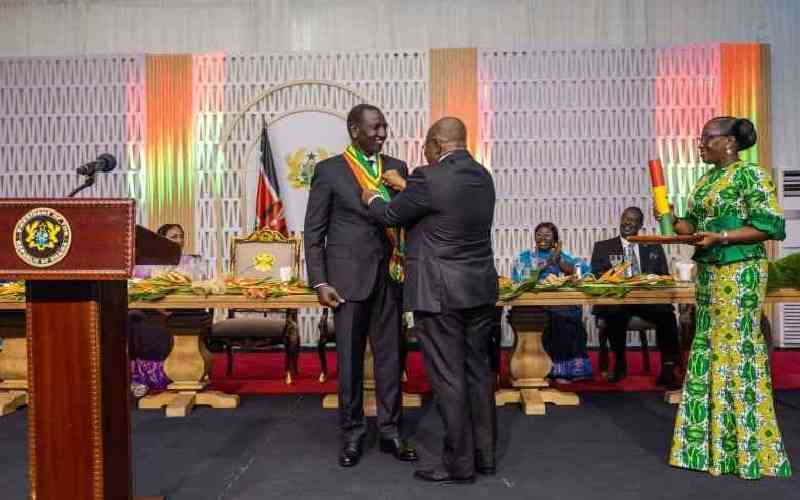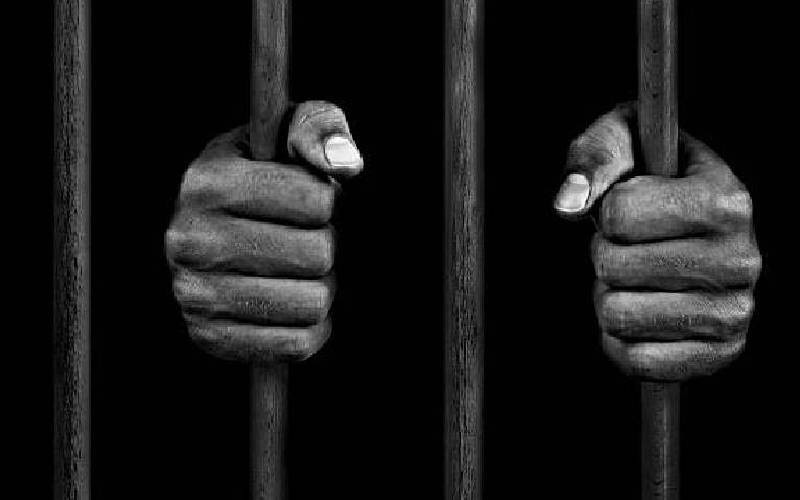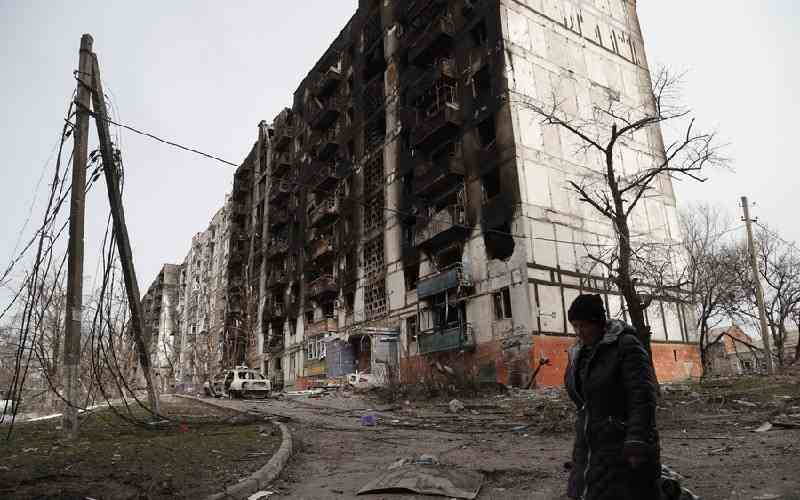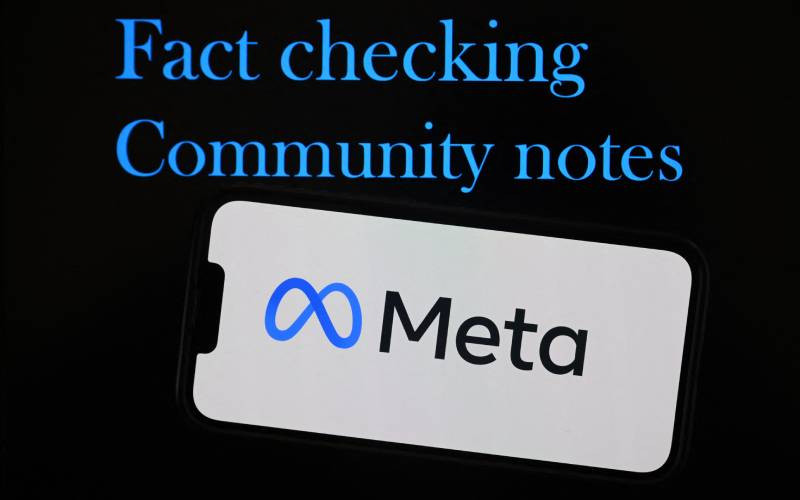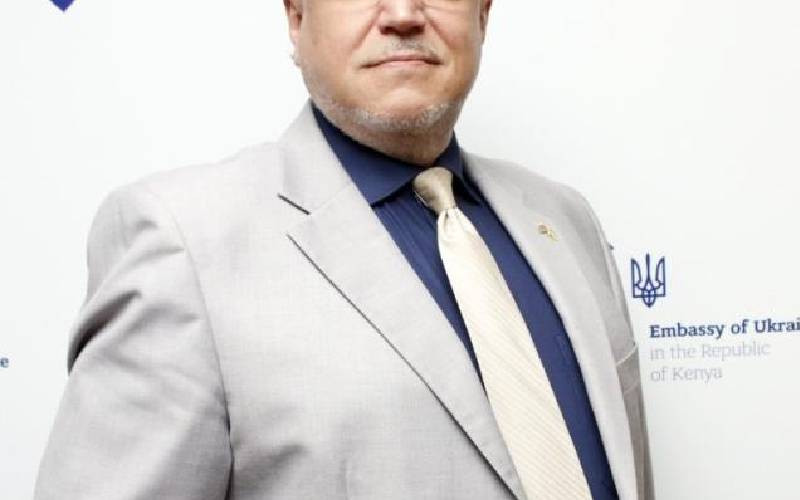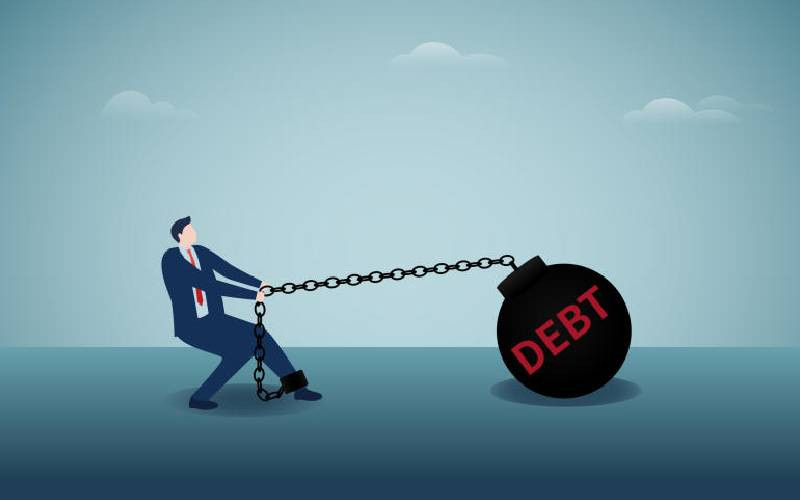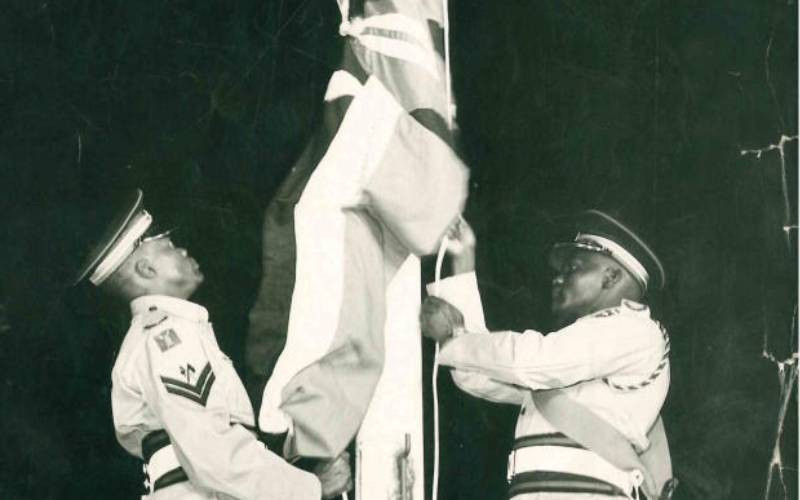
To borrow words used in solemn marriage vows, the business of renaming a sovereign state such as ours is not a matter to be entered into lightly.
Doubtlessly, there would be hefty headwinds of nationalistic fervour, especially from the ageing generation that directly agitated for Kenya's independence. Besides, possible logistical and legal challenges will arise, while many stakeholders will read in such a move the imperilment of their commercial and other interests.
And this is utterly understandable. Kenya the country has imprinted on many generations the only identity and worldview they possess. Her 'glorious' name is inextricable from our culture, history and global standing, and as some would argue, transcends the possibility of reversal.
Additionally, many societies in the world - even in the irreverent West where familial affinities are on a serious decline - still frown upon the temerity of uttering mother's maiden name explicitly (let alone asking her to change it!).
Exempted, of course, are instances when the name is spoken in the softest and most solicitous serenades composed in her praise, or else, in extraordinary circumstances such as the pain of death. This makes me extremely jittery as I submit that time is now time for 'Mother Kenya' to contemplate a name-change.
That notwithstanding, encouragement comes to me from other numerous entities which have found reason to change name over the years, particularly as a way of breaking up with their past after debacles and scandals (our athletics doping shenanigans probably qualify) or as a way of cementing epochal social-political renewals. From the corporate world, Meta formerly Facebook, is an excellent recent example, while the Soviet Union, Burma, and some countries right here in Africa such as Botswana, Congo and Benin, have also successfully rechristened.
When Deputy President Rigathi Gachagua in his inauguration speech described Kenya as a "dilapidated economy" almost "facing shutdown", and which needed to be "liberated", therein was an extremely uninspiring scorecard for a nation nearly 60 years into independence. As long as accountable governance and freedom from corruption remain only a moving target, a change of name will verily not magically liberate this country.
- Call for understanding: What it's like to live with epilepsy
- Clinical officers: What government must do for us to return to work
- Private doctors to join strike in 7 days as church, Raila speak out
- Pharmacists want chemists selling prescription drugs to minors punished
Keep Reading
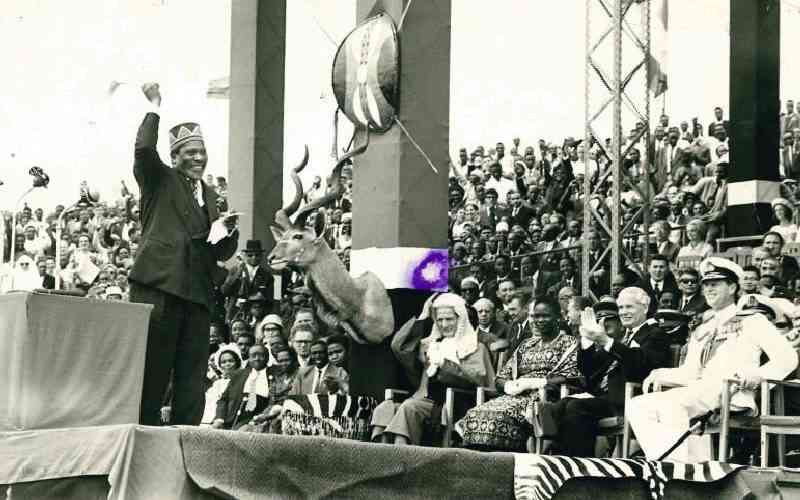
All the same, I imagine that the envisaged national rebirth could be stimulated by an appropriate name-change, a la the biblical patriarch Jacob who became 'Israel' after successfully wrestling a heavenly being and abandoning a lucrative career of sleight of hand.
Secondly, while historians continue to debate the exact origin of the name 'Kenya', an indisputable fact is that it was first promulgated by the British colonialists in 1920, when they, with characteristic impunity, excised the 'Kenya Colony' with hardly a care for the subjugated natives' interests or feelings. This name was later adopted docilely by our founding fathers, who chose the route of least confrontation with the former masters.
Malcolm X famously promoted dropping of 'slave names'. I opine that Kenya's citizens equally reserve the deeply symbolic right of rejecting this strange moniker originally imposed on them as a tool for plunder. Moreover, the rebranding of 'Kenya' should be completed by the total obliteration of all other vestiges of condescending colonial nomenclature, such as Lake Victoria, Thomson's Falls, Archer's Post and the like.
My next argument is a corollary of the previous one. By fluke or design, the name 'Kenyatta' is an alphabetical superset of 'Kenya'. With all due respect to Jomo the pivotal founding figure of this country, I submit that some proactive 'deKenyattification' is necessary to save us all from the veritable serfdom of perpetually flattering a particular family every time we utter our country's name.
Fourth, and admittedly subjectively, the name 'Kenya' sounds rather drab. Words are often classified as either 'heavy' or 'weak' depending on their alphabetical composition. Strong words are considered those which feature high-yielding consonants, such as Q, Z, X, and J, while weak words have less than 7 letters, and are dominated by vowels.
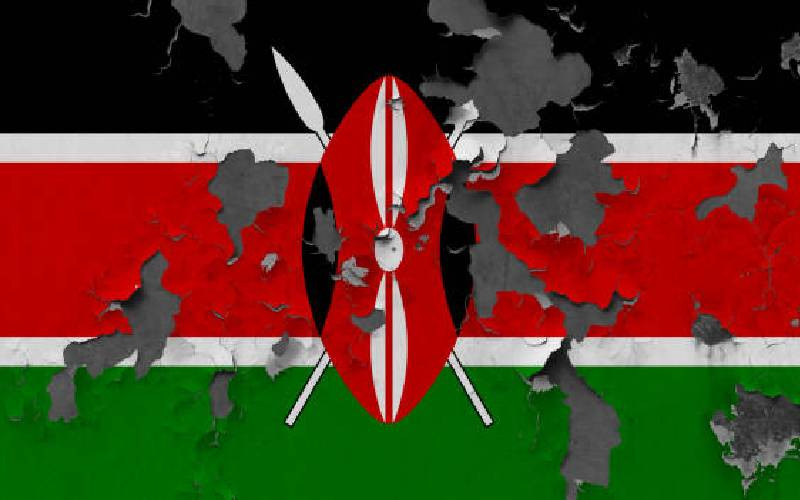
Mathematicians have recently computed that, if appropriately positioned on the Scrabble board, the word OXYPHENBUTAZONE is the 'heaviest' possible letter combination, and would theoretically give the highest score!
My honest view is that 'Kenya' ranks right there among Haiti, Uganda, Tonga, Togo, Samoa, Peru and many others- as an example of short, bisyllabic names that do not evoke the same oomph when placed alongside United States of America, Kyrgyzstan, Great Britain, United Arab Emirates, Zambia, Zimbabwe, Qatar, Madagascar or even Tanzania.
In this day when corporate rebranding is serious business, such minutiae are best not ignored. In some quarters, it is actually believed that the choice of a name influences a nation's destiny.
Personally, I wouldn't wish to live in a country called Oxyphenbutazone. However, there is no shortage of beautiful and eponymous names to replace 'Kenya'. For me, The Eastern African Republic ranks right up there.
Finally, a decisive national name re-engineering should distance us from memories of past moments of national shame, such as the 2007 political imbroglio, which have so badly stained our flag and lowered our international reputation. Such a deft move could help boost our image abroad.
 The Standard Group Plc is a multi-media organization with investments in media platforms spanning newspaper print
operations, television, radio broadcasting, digital and online services. The Standard Group is recognized as a
leading multi-media house in Kenya with a key influence in matters of national and international interest.
The Standard Group Plc is a multi-media organization with investments in media platforms spanning newspaper print
operations, television, radio broadcasting, digital and online services. The Standard Group is recognized as a
leading multi-media house in Kenya with a key influence in matters of national and international interest.


